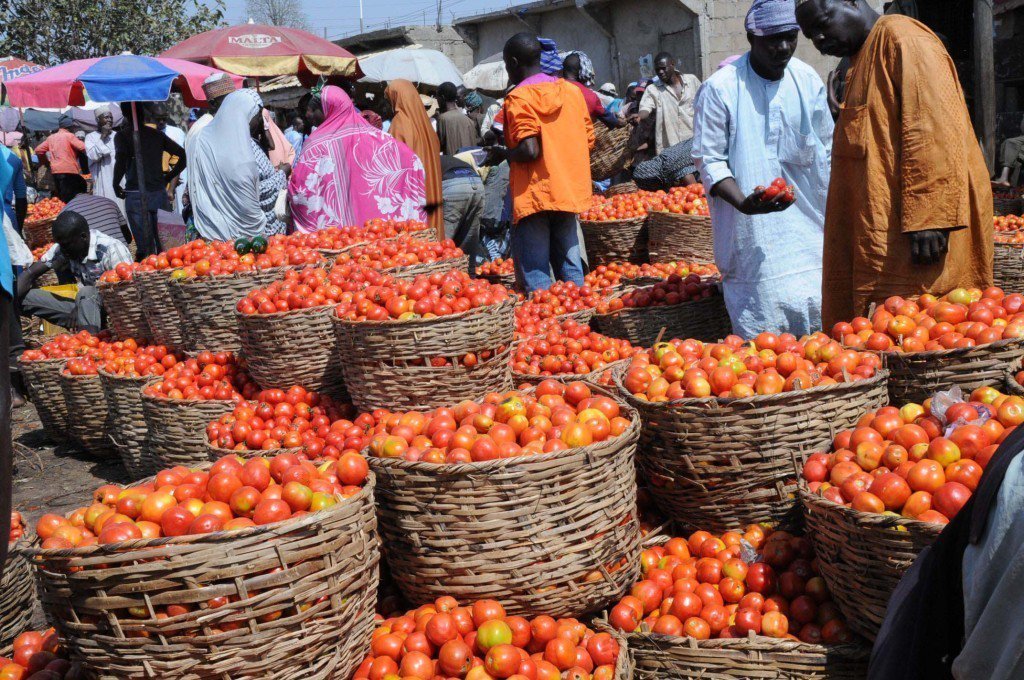The Kano State coordination office of Agro-Processing, Productive Enhancement and Livelihood Improvement Support Protect, APPEALS, has disclosed that tomato farmers in the state lose about 40% of their harvest every season.
However, to arrest the situation, the APPEALS’ Coordinator, Hassan Ibrahim said a project had been introduced to tame post-harvest loss.
According to him, APPEALS collaborated with Nigerian Stored Products Research Institute, NSPRI, on Wednesday to train 120 tomato growers, processors and marketers in the state.
DAILY NIGERIAN reports that the training was titled; Demonstration on Improved Processing and Packaging Technologies for Wet Tomato Products.
Mr Ibrahim, who was represented by Agro-Processing Specialist of APPEALS, Mukhtar Umar, said there was dire need to check growing loss of tomato annually in the state.
He noted that while Kano is the leading producer of tomato in the north, the farmers also suffer a 40% loss of their harvest annually, a situation that calls for measures to check the tide.
He added that lack of technological means of preserving the wet tomato, such as small factories that process the commodity to become a paste, was the main cause of the post-harvest loss.
“That is why APPEALS intervene, in collaboration with NSPRI to train the tomato growers, processors and marketers in order to check loss of the commodity that constitutes 40% annually.
“Research had indicated that Kano is the leading state in tomato production in northern Nigeria but research has shown that 40% of the commodity is wasted annually.
“That is why we intervened in order to reduce the post-harvest loss to save the economic well-being of the farmers and marketers,” he said
The coordinator expressed hope that the training, which was one of the many to be held in future, would go a long way in decimating the tide of post-harvest loss in the state and country at large.
In her remarks, the Zonal Director of NSPRI, Eunice Bamishaye said the organization partnered with APPEALS in order to empower tomato growers and help them save the money they lose after harvest.
“Farmers are investing their money on tomato farming but it is wasted annually over 40%. That is why we sensitize them on preservation of perishable tomato, especially wet tomato in a bid to reduce the loss,” she said.






